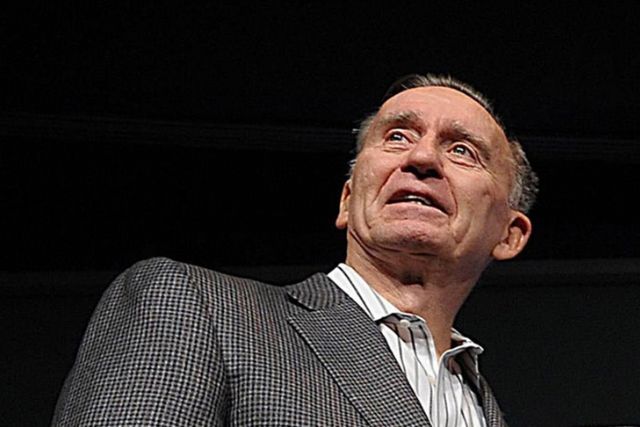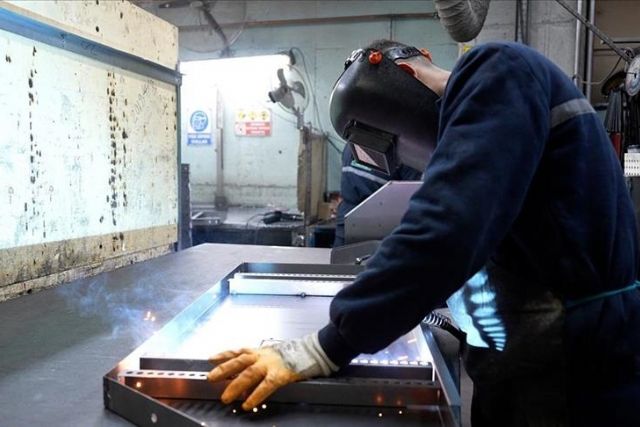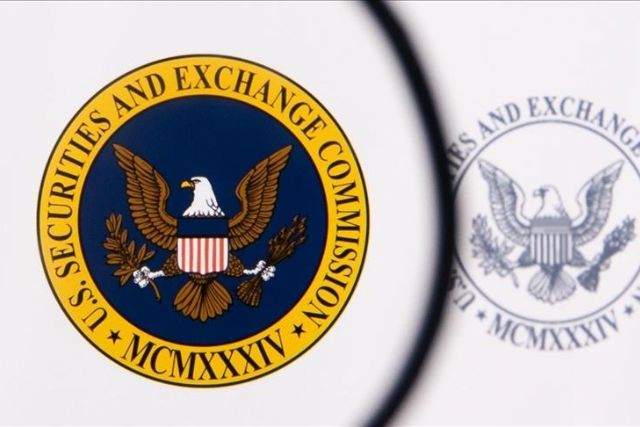Last surviving astronaut of NASA's Apollo 7 mission dies at 90
Walter Cunningham's Apollo 7 mission in 1968 opened way for 1st human moon landing months later in 1969

ISTANBUL
Walter Cunningham, the last living astronaut of NASA's first crewed space flight in 1968, has died at the age of 90, the US space agency announced on Tuesday.
Cunningham, whose 1968 Apollo 7 mission opened the way for the first human moon landing a few months later in 1969, died on Tuesday morning in Houston, a NASA statement said.
“Walt Cunningham was a fighter pilot, physicist, and an entrepreneur – but, above all, he was an explorer. On Apollo 7, the first launch of a crewed Apollo mission, Walt and his crewmates made history, paving the way for the Artemis Generation we see today,” NASA Administrator Bill Nelson said.
“NASA will always remember his contributions to our nation's space program and sends our condolences to the Cunningham family,” Nelson added.
Following his death, Cunningham's family also paid tribute to the late astronaut: “We would like to express our immense pride in the life that he lived, and our deep gratitude for the man that he was – a patriot, an explorer, pilot, astronaut, husband, brother, and father. The world has lost another true hero, and we will miss him dearly.”
Born in 1932 in Iowa, Cunningham earned a Bachelor of Arts with honors in physics in 1960 and a Master of Arts with distinction in physics in 1961 from the University of California. In 1974, he completed a doctorate in physics with exception of thesis at the Harvard Graduate School of Business.
Cunningham joined the Navy in 1951 and flew 54 missions as a night fighter pilot in Korea, according to the NASA statement. “Cunningham has accumulated more than 4,500 hours of flying time in 40 different aircraft, including more than 3,400 in jet aircraft,” it added.
In 1963, he was chosen as a member of NASA's third astronaut class. Cunningham served as the backup lunar module pilot for Apollo 1 and the lead crew for cancelled Apollo 2 before being assigned to the Apollo 7 crew.
For the first human flight test of the Apollo spacecraft, Apollo 7, he was chosen as the lunar module pilot for the 11-day mission.
“With Walter M. Schirra, Jr. and Donn F. Eisele, he tested maneuvers necessary for docking and lunar orbit rendezvous using the third stage of their Saturn IB launch vehicle,” the NASA statement said.
“The crew successfully completed eight tests, igniting the service module engine, measuring the accuracy of performance of all spacecraft systems, and providing the first live television transmission of onboard crew activities," it added.
The Apollo 7 craft members including Cunningham earned an Emmy in the form of the National Academy of Television Arts and Sciences Special Trustee Award.
"The 263-hour, 4.5-million-mile flight splashed down Oct. 22, 1968, in the Atlantic Ocean,” it added.





